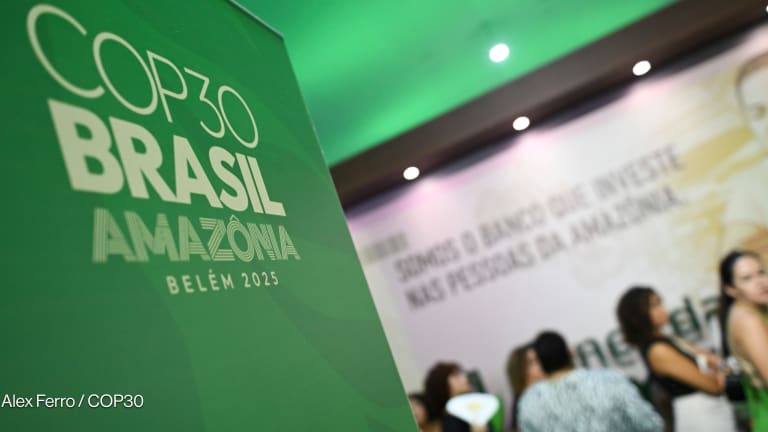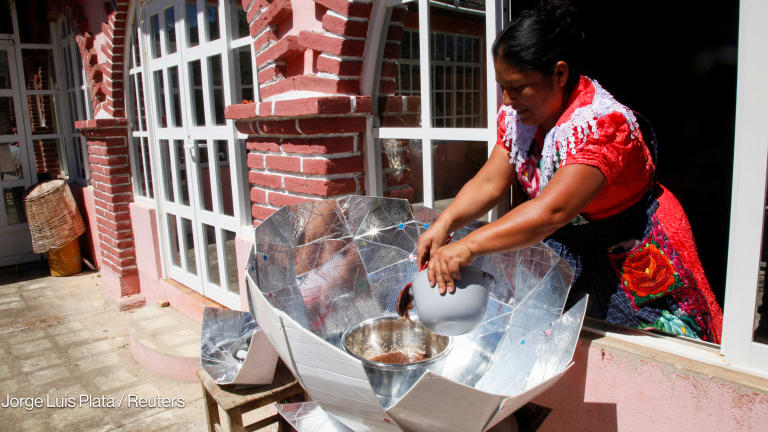The World Bank drew criticism from environmental groups and low-income countries for its climate change approach.
In its 2010 World Development Report, the bank called on wealthy nations to lead global climate change efforts by cutting carbon emissions and investing in clean technology.
Developing nations, the report suggested, could make changes in national policy rather than commit to strict emissions targets.
"It is not a simple choice between a high-growth, high-carbon world and a low-growth, low-carbon world," the report said.
However, a low-carbon, low-growth solution is just what developing countries fear will be asked of them at the upcoming climate change conference in Copenhagen.
Contending they have an obligation to prioritize growth and poverty alleviation, many low-income states have demanded that wealthy nations shoulder the climate change costs.
Raising another issue, environmental groups have cited the bank's record on carbon emissions, and questioned the institution's environmental credentials.
Despite the report's calls for clean energy and reduced carbon emissions, the bank is currently financing large-scale coal-fired power plants across the globe.
According to the Times, the bank recently approved $850 million in loans to finance a coal-fired plant in Gujarat, western India. It is also contributing $5 billion toward South Africa's power generation expansion plan, which includes six coal plants.
The Environmental Defense Fund reported that the plant in India would be one of the biggest new sources of greenhouse gases on Earth. In its March 2009 report, EDF said recent years saw an increase in World Bank lending for fossil fuel and coal plant projects.
Given the disparities between the nations involved and the contentious role of the World Bank, the December climate change conference in Copenhagen could be a heated one.








